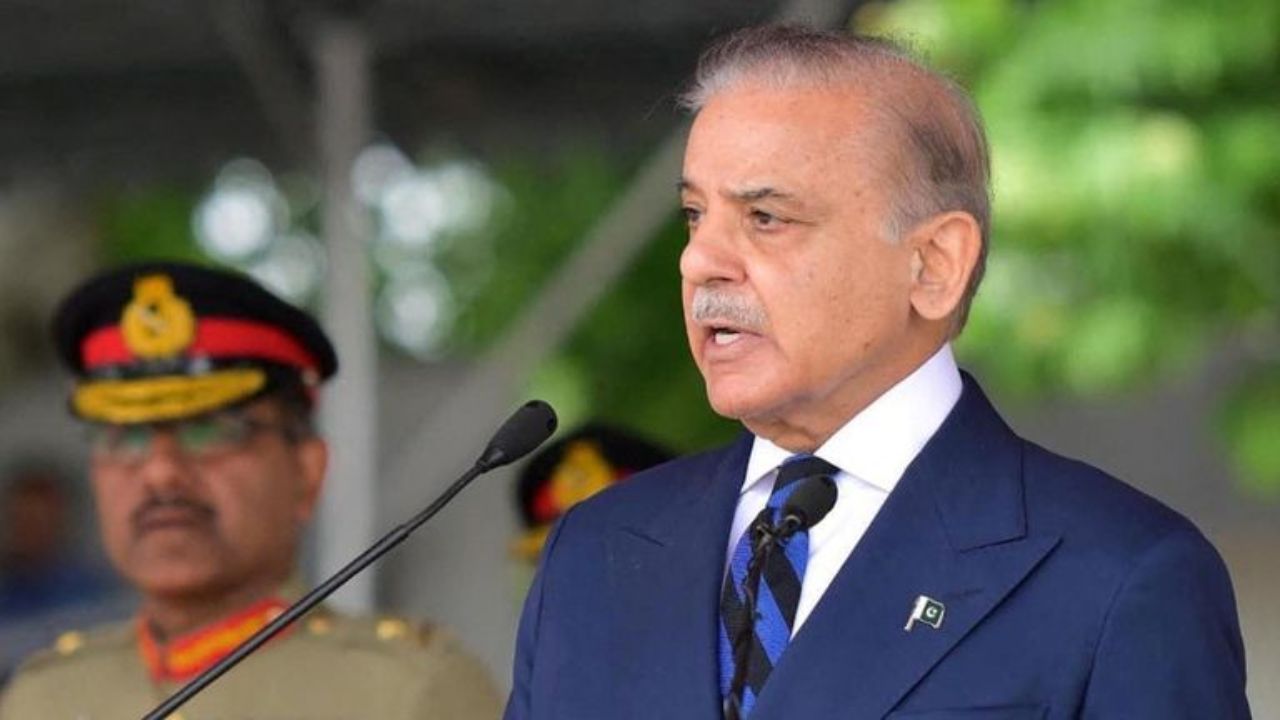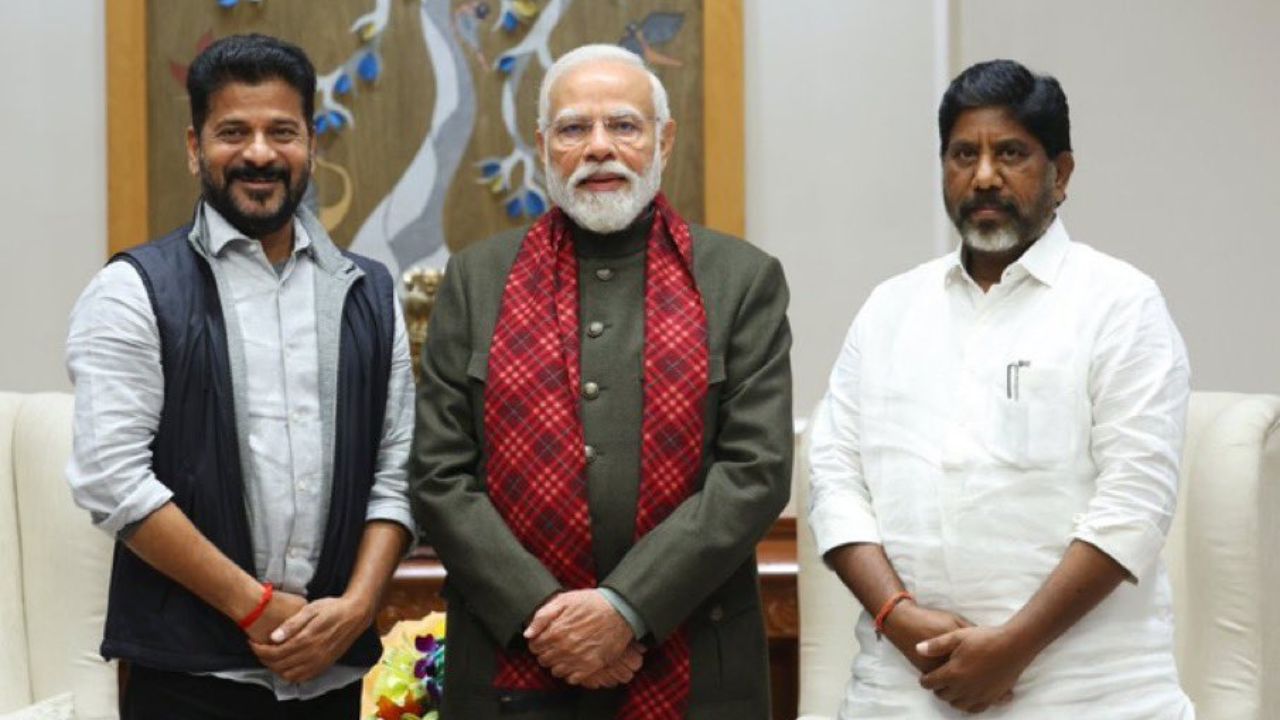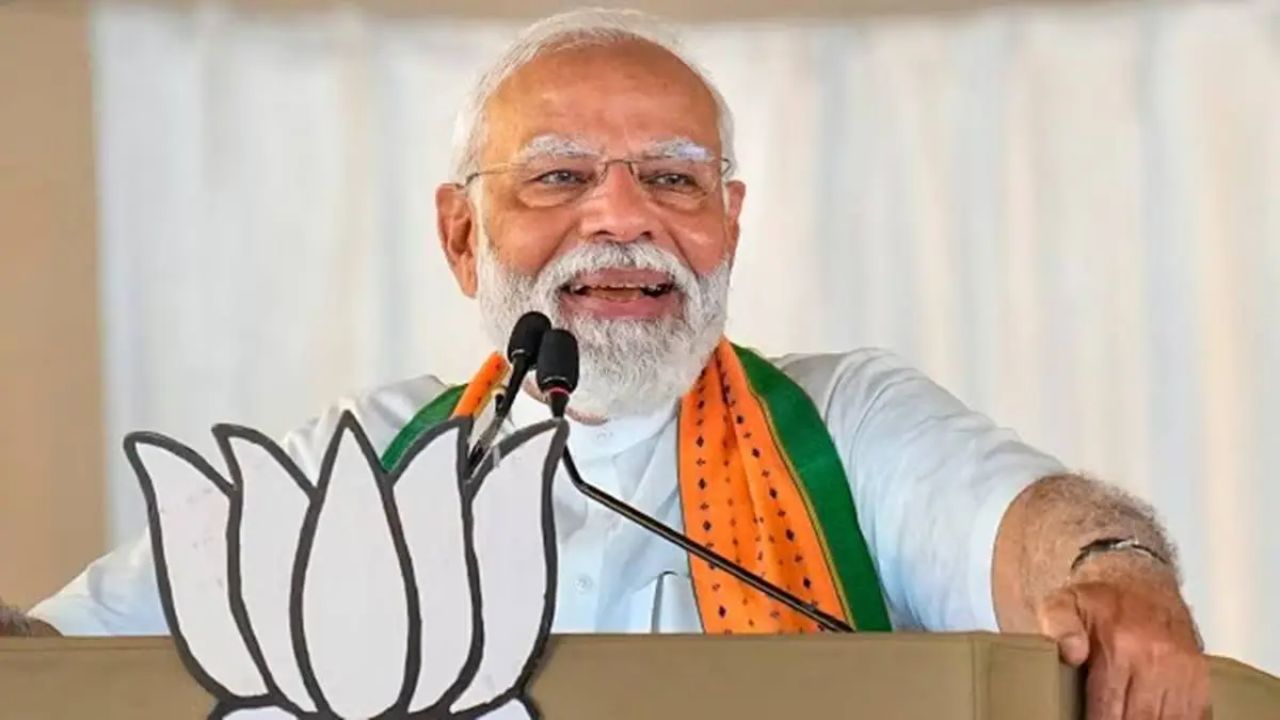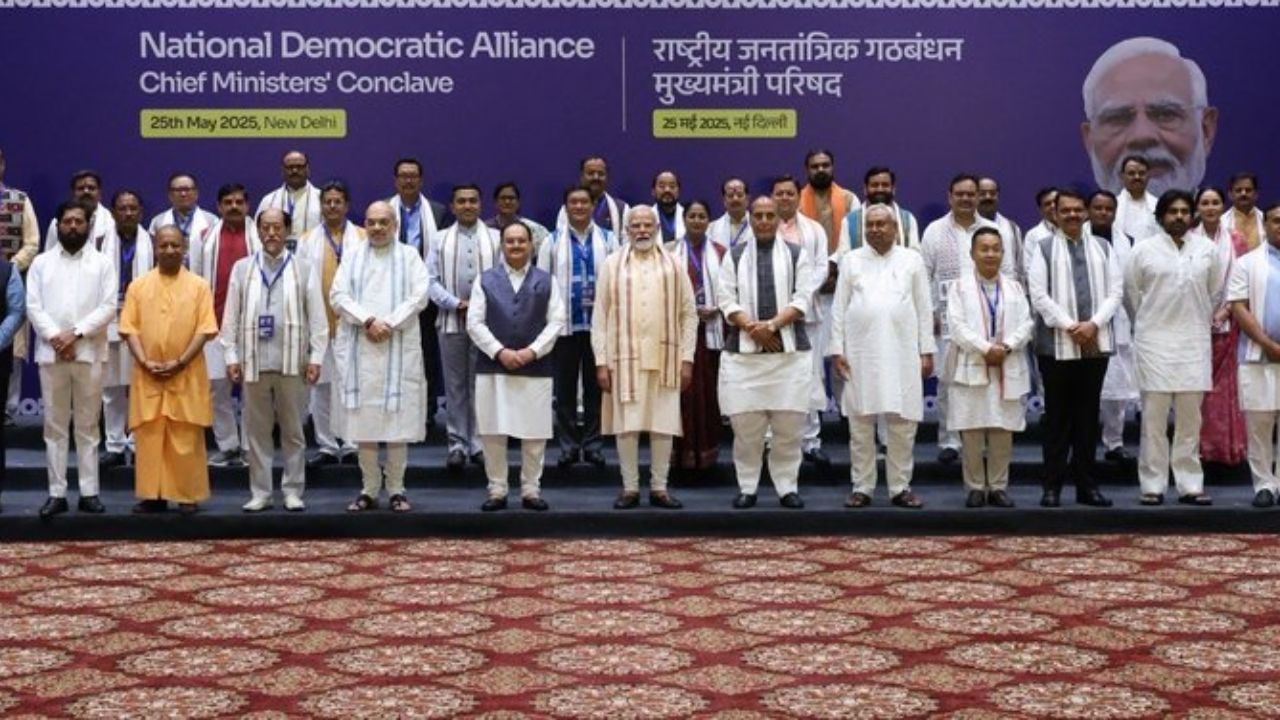Indian Students in the US Quit Part-Time Jobs Amid Fears of Deportation Due to Trump’s Immigration Crackdown
The impact of President Trump’s immigration crackdown is being deeply felt by Indian students in the US, who are now making the difficult choice of quitting their part-time jobs despite the financial challenges they face.
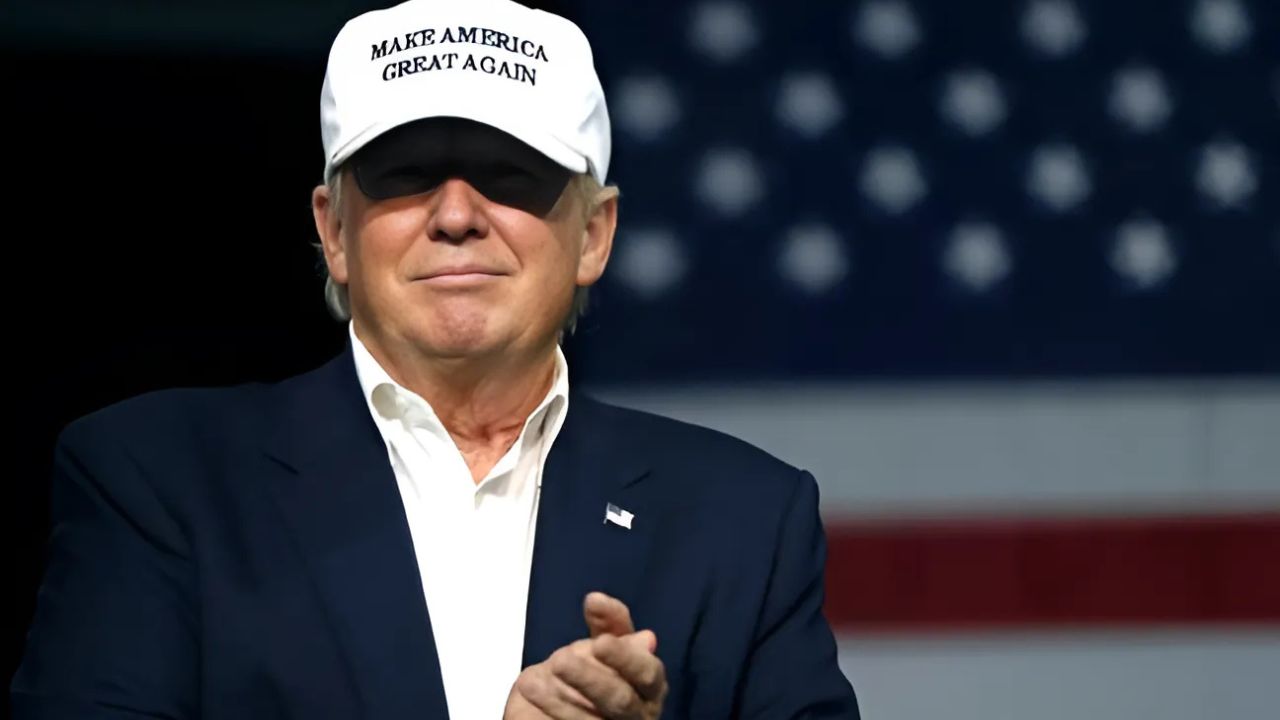
The impact of President Trump’s immigration crackdown is being deeply felt by Indian students in the US, who are now making the difficult choice of quitting their part-time jobs despite the financial challenges they face. The fear of deportation and the possibility of losing their student visa status have outweighed the need for extra income to cover tuition fees and daily living expenses.
For many international students on F-1 visas, on-campus work hours are limited to 20 per week, with many relying on off-campus jobs at restaurants, convenience stores, and other service industries to bridge the financial gap. However, as immigration policies have tightened, these students fear that even these jobs could put their legal standing at risk.
Arjun, a graduate student in Illinois, explained, “I worked at a small cafe after classes, earning $7 an hour. It helped me manage my monthly expenses, but after hearing about potential immigration crackdowns on unauthorized work, I decided to quit. I simply can’t risk my future, especially with $50,000 in loans hanging over me.”
Neha, a master’s student in New York, shared similar worries, saying, “A few of my friends and I have stopped working for now. It’s difficult, but we can’t afford to take the risk of deportation or losing our student visas. My family has sacrificed so much to get me here, and I don’t want to jeopardize that.”
As the students turn to their families for financial support, the emotional toll is mounting. The uncertainty of their situation is affecting their mental well-being, with many feeling anxious about the future.
In response to the crackdown, Indian External Affairs Minister S. Jaishankar confirmed that India is willing to accept undocumented Indian nationals being deported from the US. However, he also noted that there is no clear estimate of how many people might be affected, and the individuals’ Indian origin would need to be verified before repatriation.
The ongoing situation underscores the vulnerability of international students and the difficult balancing act they face in trying to pursue their education in the US while navigating complex immigration policies.


